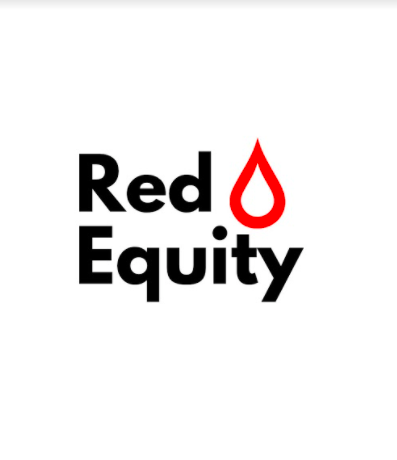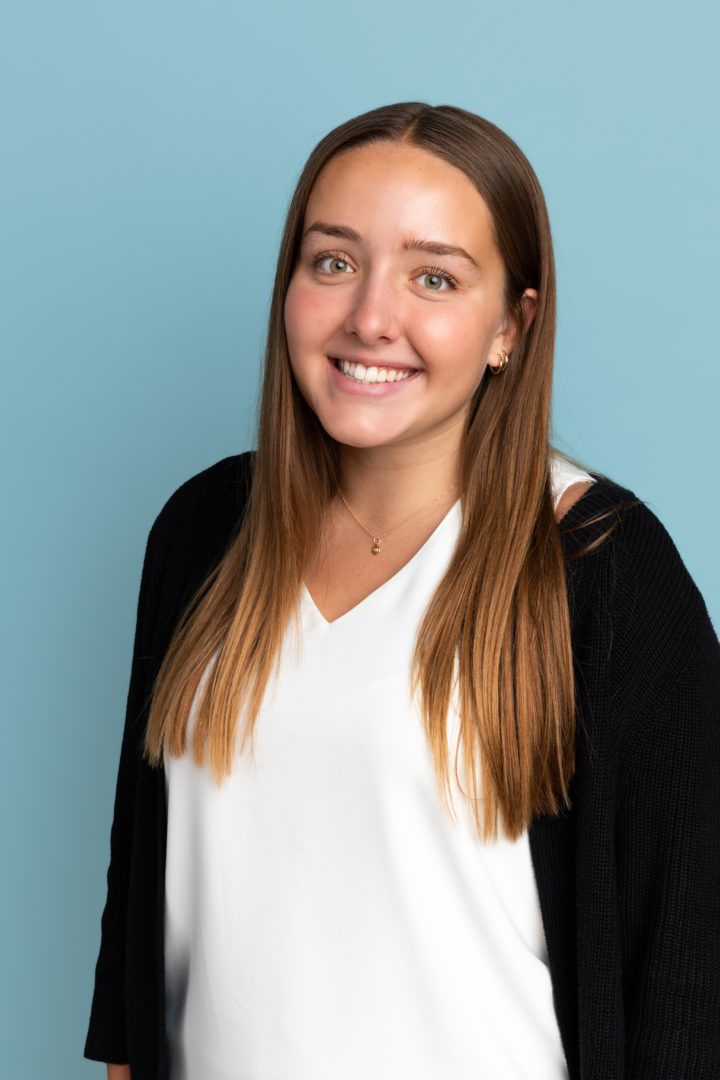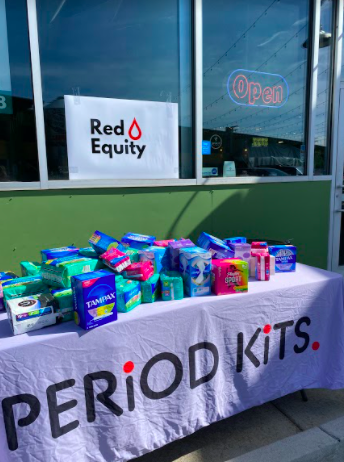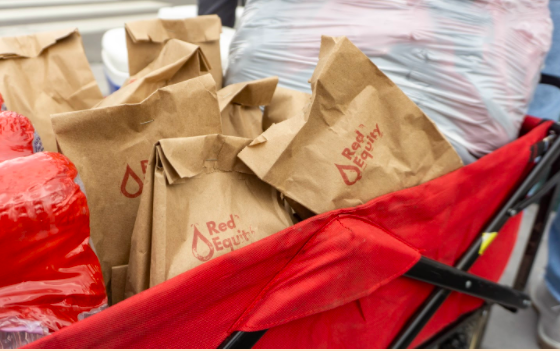In the fall of 2020, DU freshman Abbie McAdams and 15-year-old Samantha Glover of Reno, Nevada founded Red Equity. Red Equity is a non-profit that supports people who are passionate and want to learn about period poverty. Red Equity is motivated to reduce the stigma around menstruation.
“One in five teens in the U.S. have struggled with not being able to afford period products. Four in five teens have missed class or know students who have because they did not have access to period products,” McAdams said, referencing a study by Thinx and PERIOD.

61% of people menstruating have worn a tampon or pad for more than four hours because they did not have enough access to period products. This increases the risk of Toxic Shock Syndrome, which is a life-threatening bacterial infection caused by keeping period products in for too long.
In Reno, Red Equity’s main goal is to distribute period packages around the community. Glover achieves this by contacting the state legislation and pushing them to require schools in Nevada to provide free period products. There are many events encouraging the community to volunteer and donate, assemble and distribute period packages.
There is currently a bill in the Nevada senate that would require all schools in the state to provide free period products. Due to pressure from period advocacy nonprofits such as Period Kits and Red Equity, DPS student Caitlin Soch and Denver school board director Tay Anderson, DPS will require free period products for all restrooms next year.
“This fall, [Glover] wrote the bill for Nevada. As I had known from past experience, it is a lengthy process. But we had contacts with some great house representatives who were able to help edit the bill and send it to the right committees,” McAdams said.
In Denver, McAdams focuses on advocacy and ending the stigma around periods. McAdams connects with period advocacy groups in the area to speak on menstrual equity, host volunteer events that assemble period packages and inform the unhoused community on this issue.

“There are near to no articles or studies about period poverty. It is one of the most under-researched issues, which is shocking. The lifetime cost for an average menstruator is over $1,700 when calculating the average amount and length of periods,” McAdams said.
Despite the overwhelming start of freshman year at DU in a virtual environment, McAdams has stayed persistent in her goals of putting an end to period poverty.
“I spend around 10-20 hours on this a week. It has been a lot getting [Red Equity] up and going, but I love it,” McAdams said.
Glover came up with the idea through a high school research project, then connected with McAdams. The college student had experience in how to start a nonprofit and write legislation due to her previous work with mental health advocacy.
Red Equity has many long-term goals. These include improving sex education programs in schools to include comprehensive discussions of menstruation and period products, as well as increasing period product donations across the nation.
“Something I never realized was how many toxic and unhealthy chemicals were in a lot of tampons. That is one of our long-term goals of Red Equity,” McAdams said. “Something we want to get done in our next two years is to form a curriculum that will inform students on their menstrual cycle and what is actually safe. We hope to pass the bill in Nevada and implement that in Colorado and across the country, so menstrual equity gets on the school board agenda.”
Red Equity supports Period Kits, a nonprofit in Colorado that distributes menstrual product kits to the community. The two advocacy groups collaborated for a period product drive on March 6.
They collected and distributed menstrual products for those experiencing period poverty in Denver. The drive was completely contactless and coincided with Glover’s event in Reno, Nevada. The two locations were competing to see who could donate the most amount of products.
Red Equity also has a strong relationship with Happy Tampers, a group on DU’s campus that collects and donates tampons to homeless shelters in the Denver area. The group also provides period products in campus restrooms.

“We also aim to educate the communities we impact on greening your periods and how much waste comes from period products,” McAdams said. “A long-term goal is to educate unhoused populations and give them a menstrual cup rather than the one-month kits they currently use, which consist of tampons and pads. One menstrual cup will last you 10-20 years, and that is much easier than going to these communities once a month.”
Students at DU can support by donating to the cause through Venmo @RedEquity. All of these donations will go straight towards building period kits and ending the stigma around menstrual equity.
Students can also get started by building period package projects. Red Equity has a step-by-step guide on how to build and distribute a kit and reach out to the community. You can contact Glover and McAdams directly to discuss how to overcome the fiscal burdens of donating and ensure you are staying COVID-19 safe.











